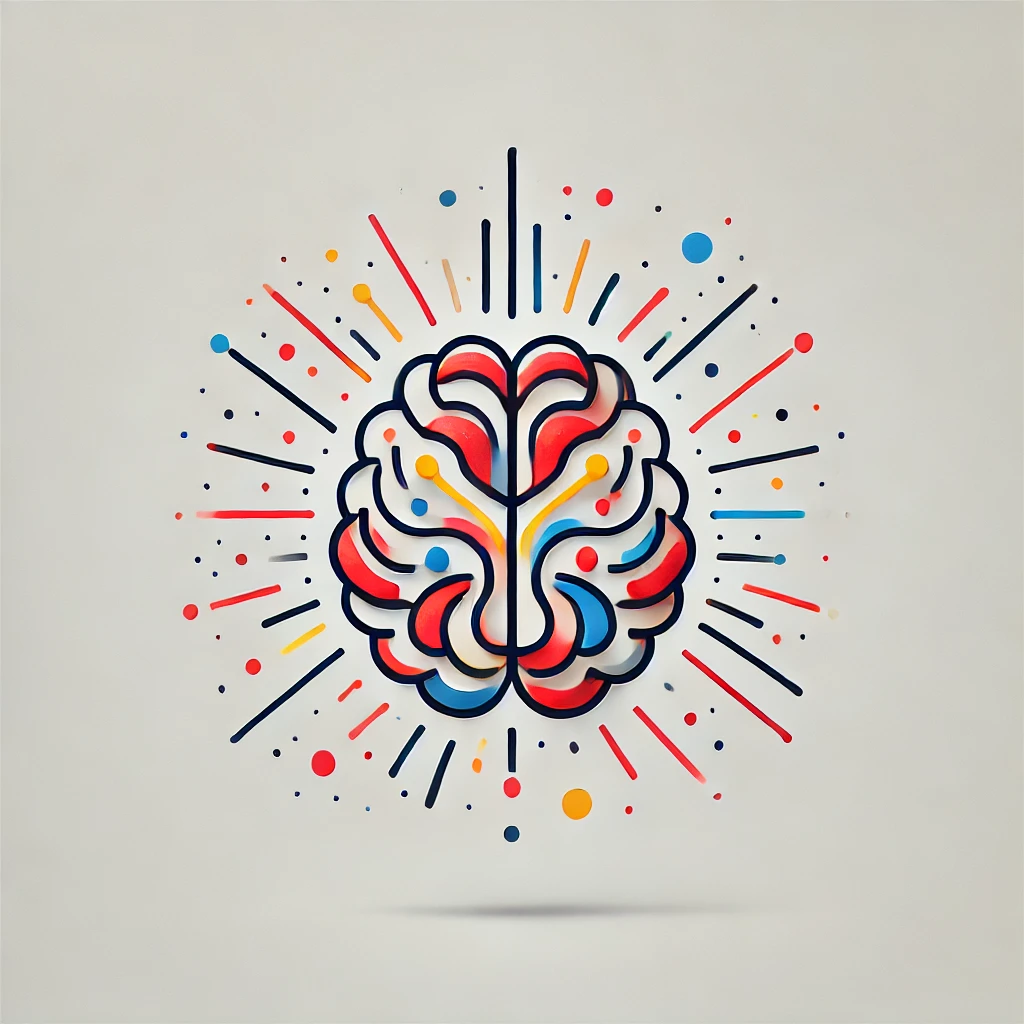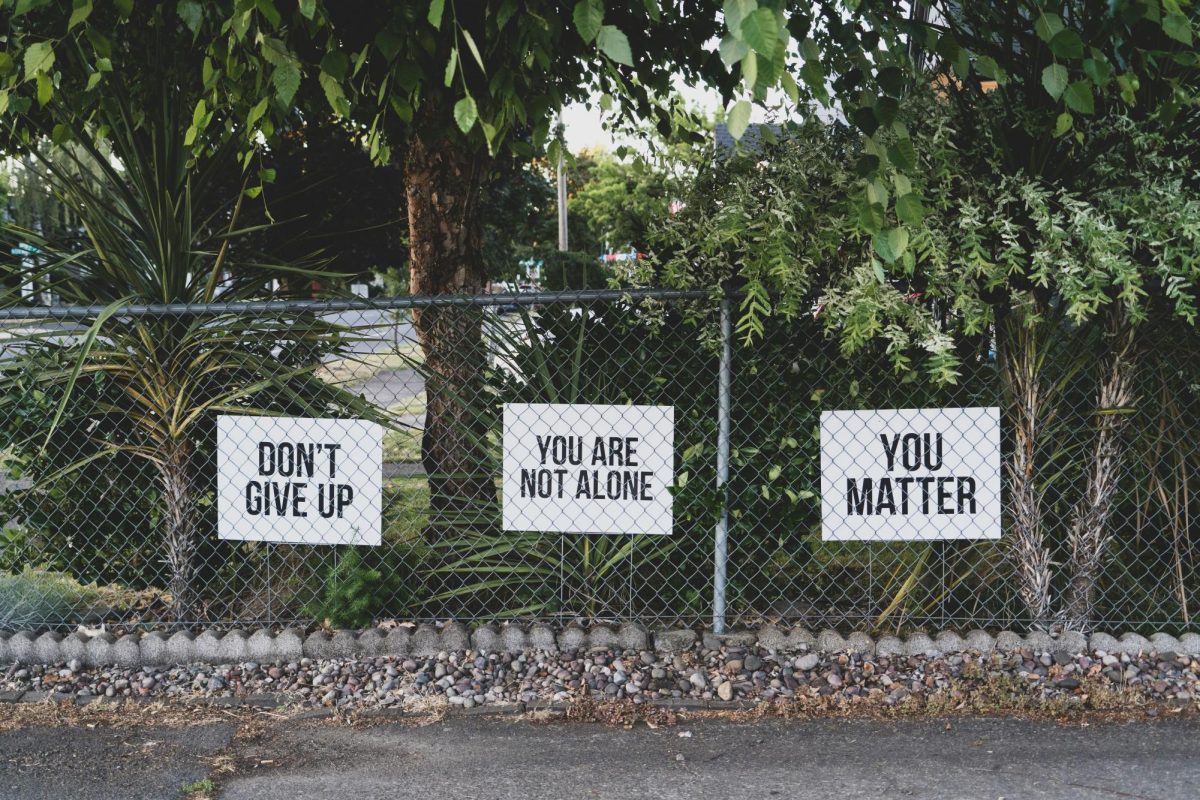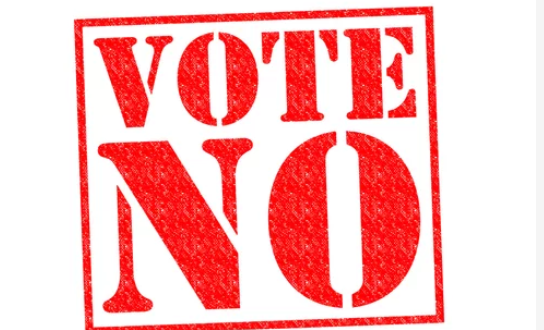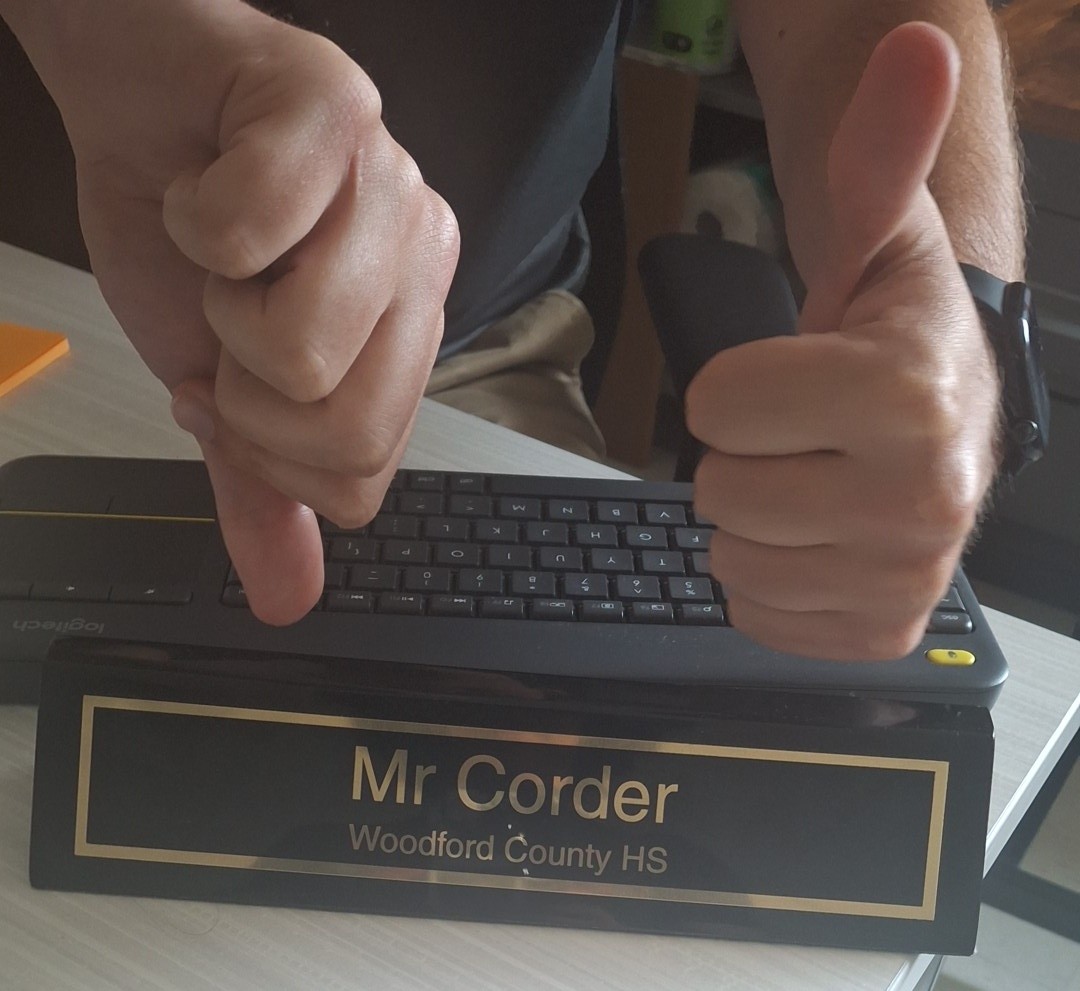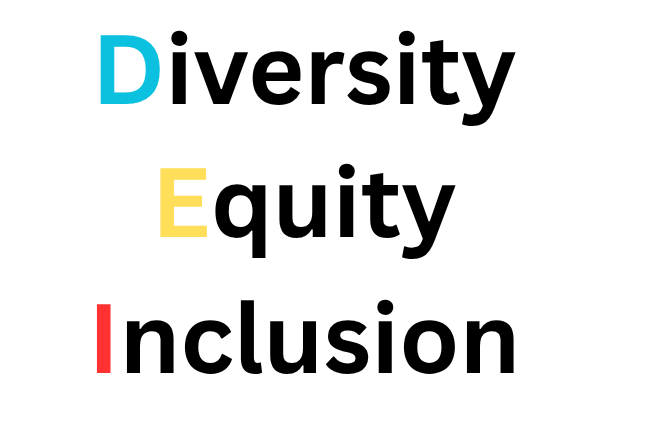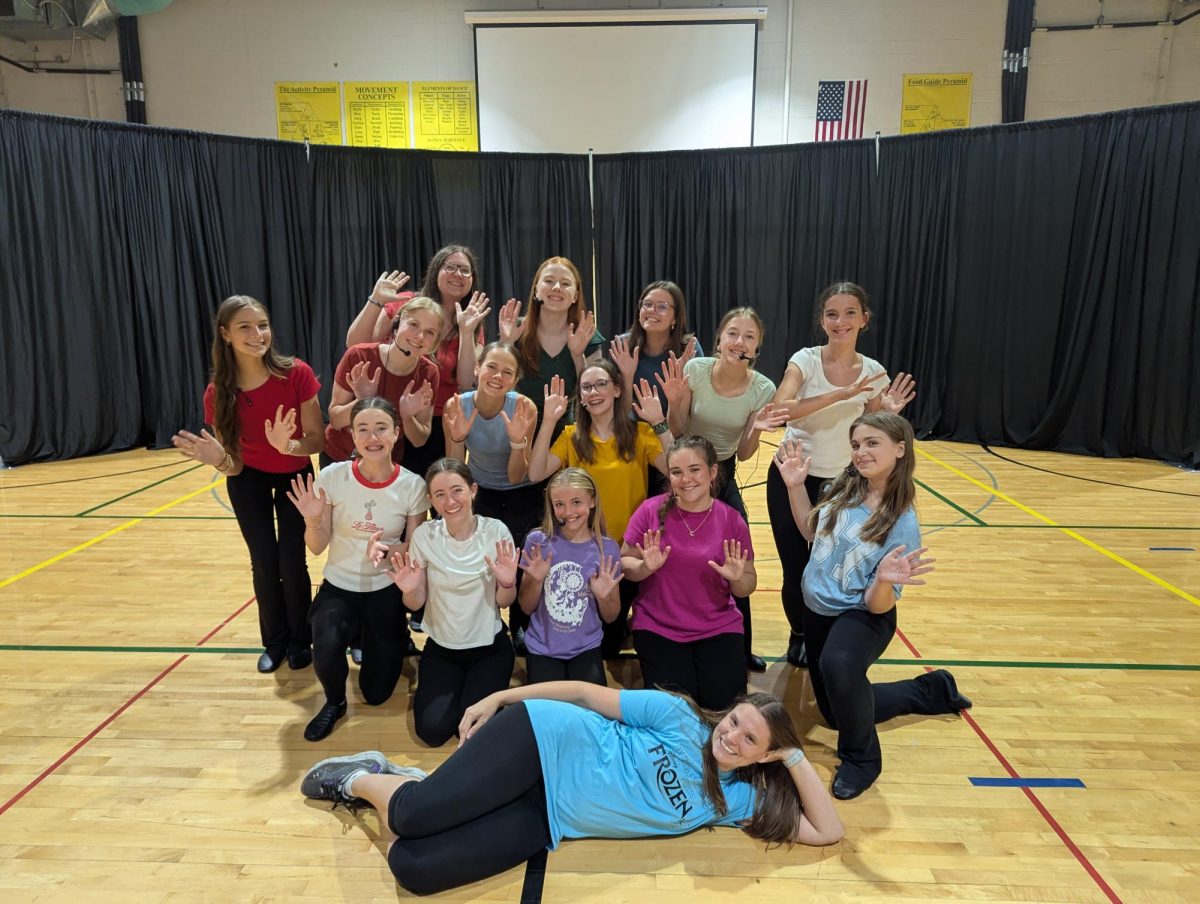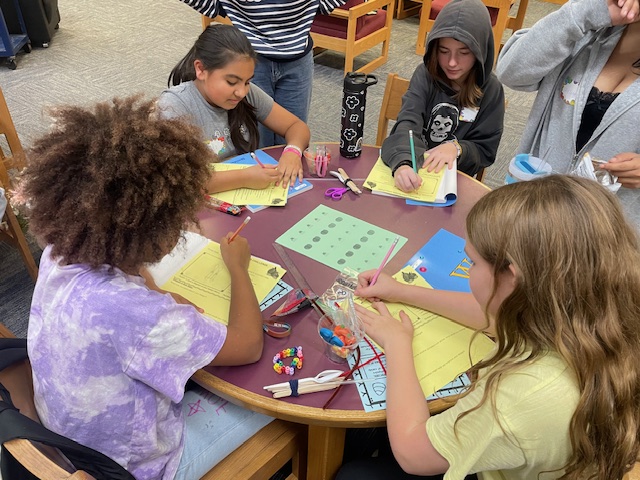Attention-deficit Hyperactivity Disorder (ADHD) is a “developmental disorder marked by persistent symptoms of inattention and/or hyperactivity and impulsivity that interfere with functioning or development,” According to the National Institute of Mental Health. Approximately 6.1 million children have ADHD in the United States and it is one of the most common childhood disorders.
The stigma around all mental health disorders is heavily prevalent, but ADHD is one that often is overlooked. Not everyone who has ADHD is hyperactive, meaning that it is much more difficult for people to recognize that you have it. When people aren’t hyperactive presenting, there is often an immediate assumption that they don’t need or want the same help and accommodations as others. This, however, is not true.
Just because someone is better at masking their struggles doesn’t mean they wouldn’t benefit from help like everyone else. This problem is especially common in schools and medical fields. When someone doesn’t appear to be “struggling” they are often overlooked. The stereotypes of what ADHD should look like heavily influence the way someone is treated. When I was in my meeting earlier this year to get my 504 plan, I felt like my feelings and struggles weren’t valid because I have good grades and no behavioral problems. It felt like because I didn’t have any obvious issues, I didn’t deserve the help I needed.
I have had other instances of feeling invalid, especially when I’m at medical appointments. When I brought up that I had ADHD at an appointment, the medical professional asked if it was ¨controlled.¨ He was asking if I was medicated. I told him I was, and he then went on to explain how interesting it was to see how different people present with ADHD. He gave many examples and seemed adamant that I should know. While I don’t think he was trying to be disrespectful to me, it was as if he was explaining to me what it was like to deal with people who are neurodivergent. I know how it is, I am neurodivergent. When he asked me if my ADHD was “controlled” it made me so irritated that he would address me like I was some science experiment. Part of me knows that medical professionals are set up for failure when communicating with neurodivergent individuals. The lack of education surrounding ADHD is astounding, furthering the problem and stigma. The neurodivergent community is filled with a wide variety of individuals with different struggles. It can be frustrating to feel as though you are only truly accepted and understood by a small group of people. We are constantly advocating for ourselves to get the help we need, something that should not be so difficult.
Living with ADHD is not something I am ashamed of. We need to acknowledge the different ways ADHD is present in an individual, not leaning so heavily on outdated stereotypes. It may feel like an uphill battle, but spreading awareness is a way we can level out the playing field. People don’t know that what they are saying can be taken as hurtful if you don’t tell them. Most of the time, people say these things or tell these stories to show you they have an understanding of what you go through. They don’t set out to make you feel invalid. They are doing the best they can with the information and education that they have.

